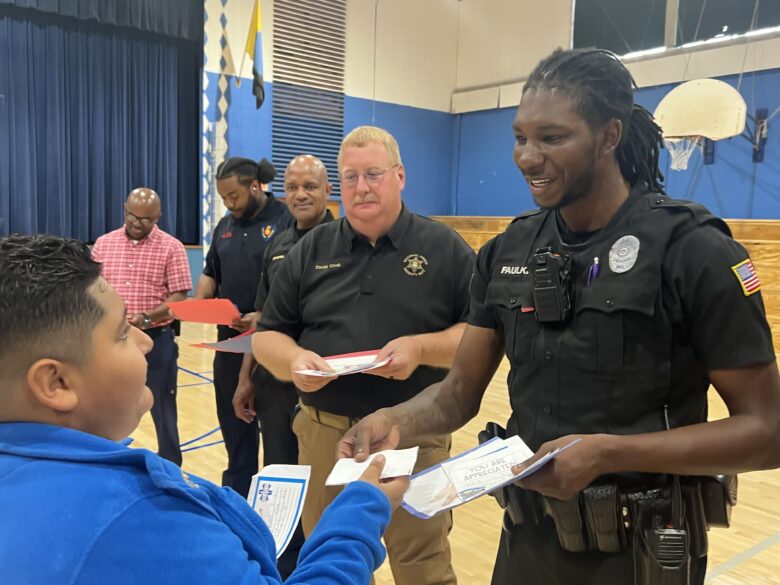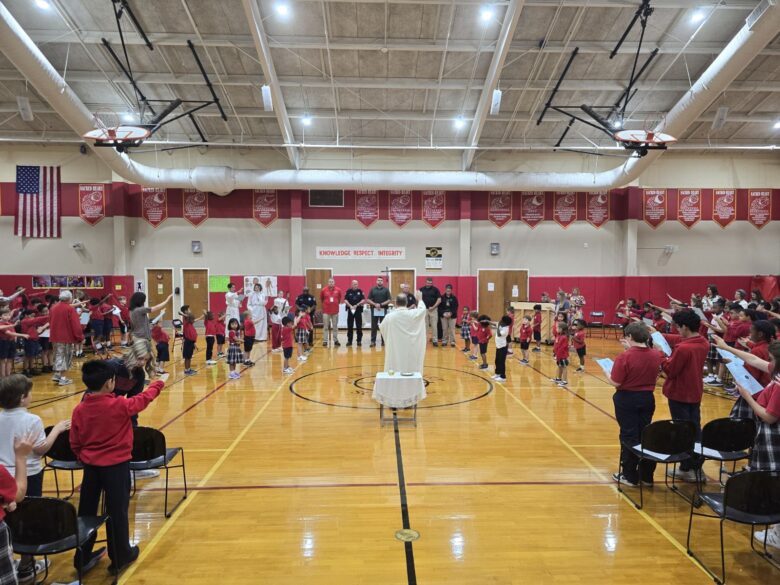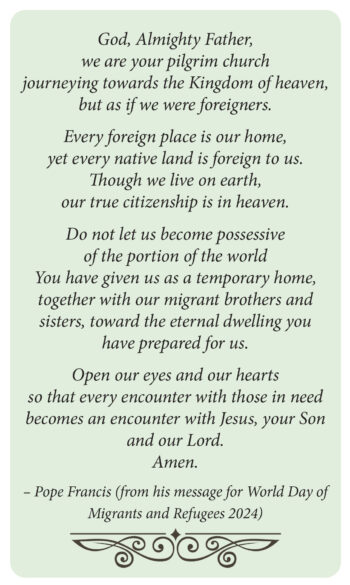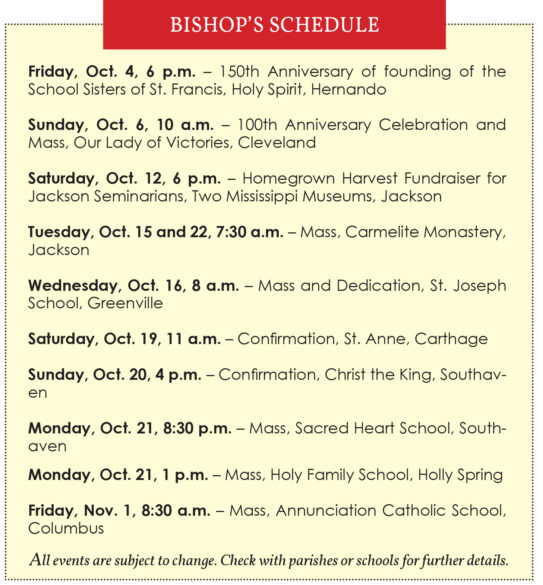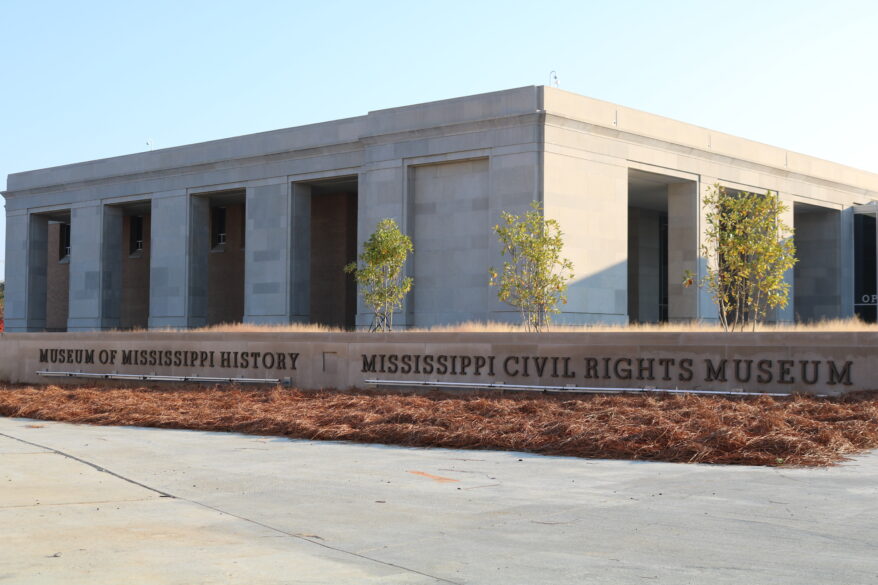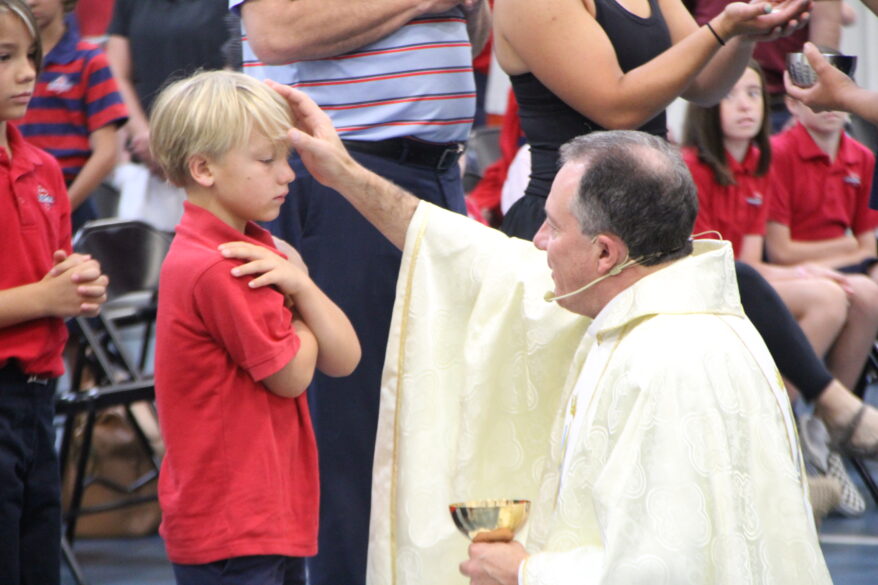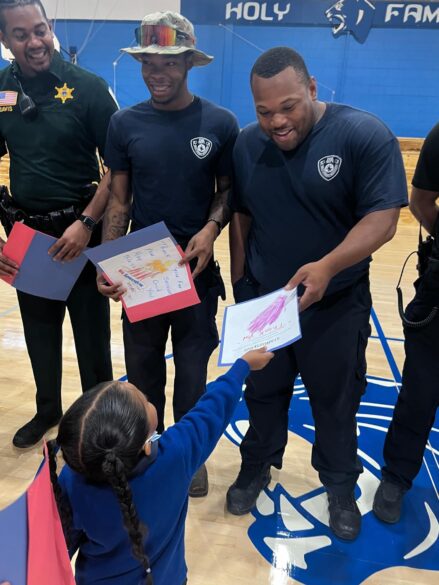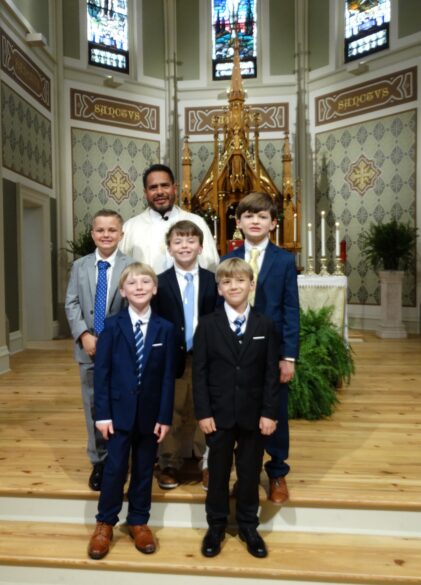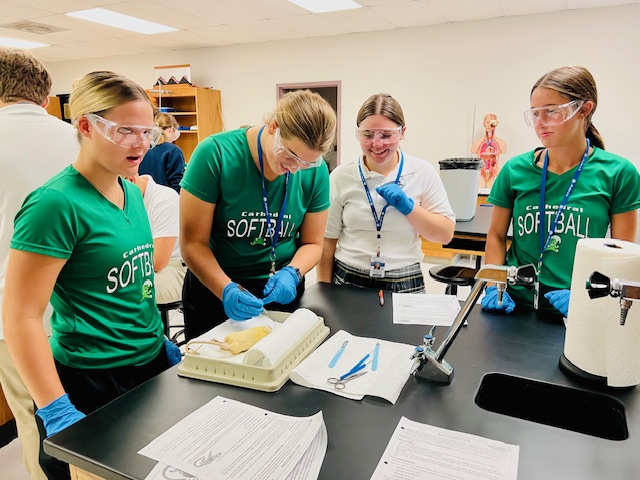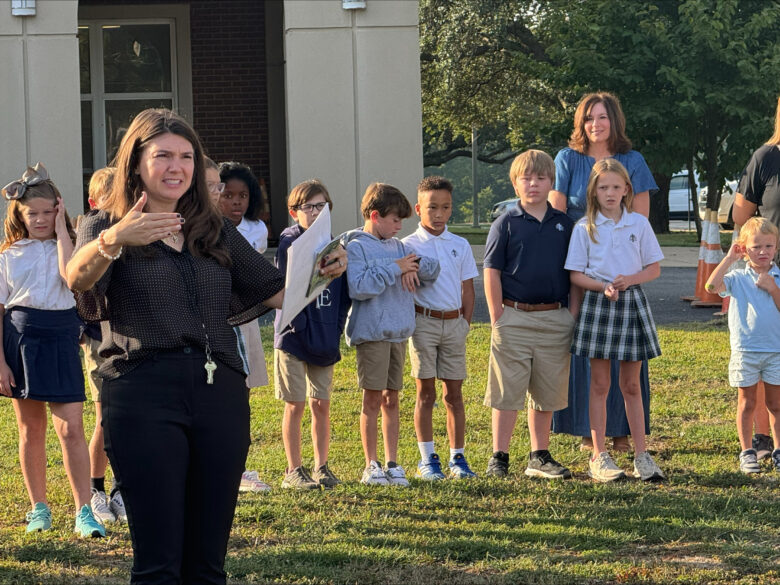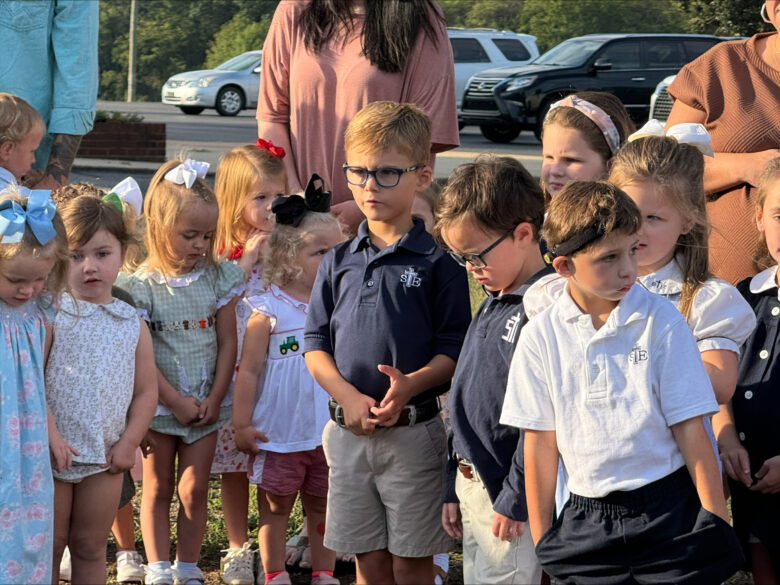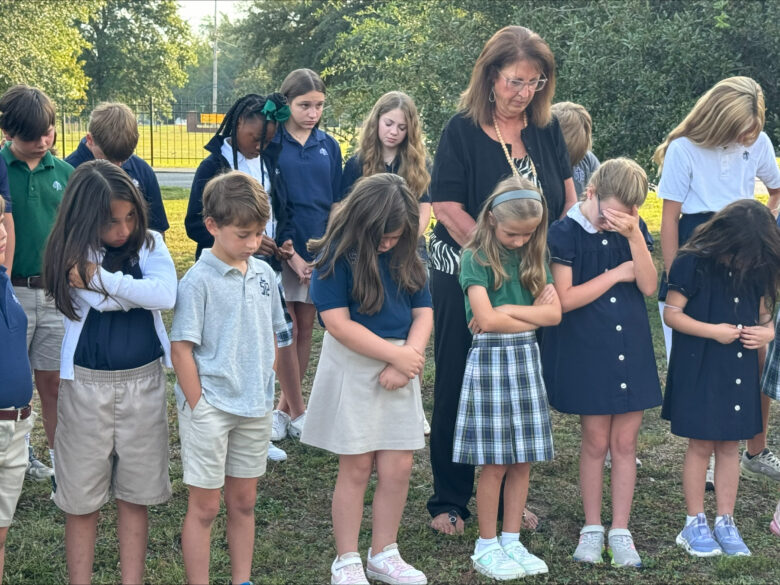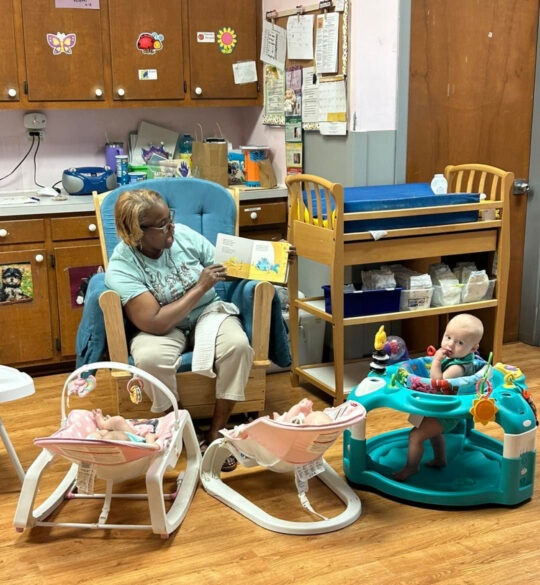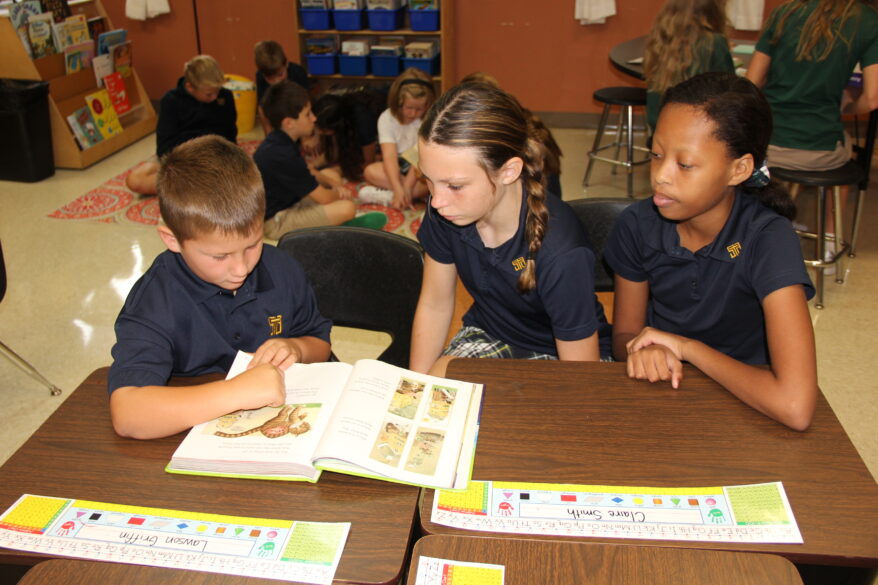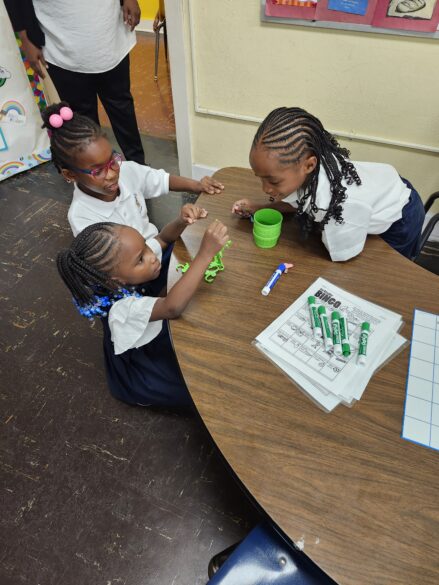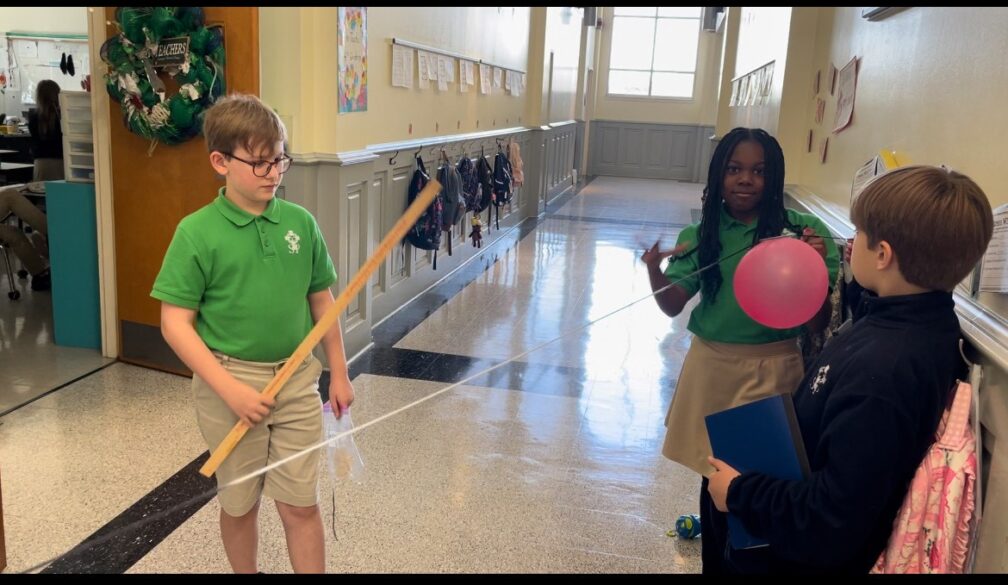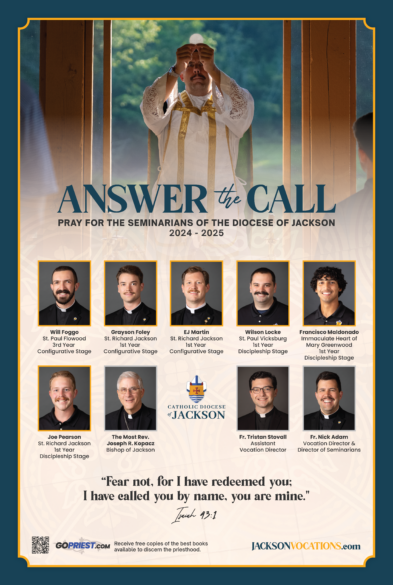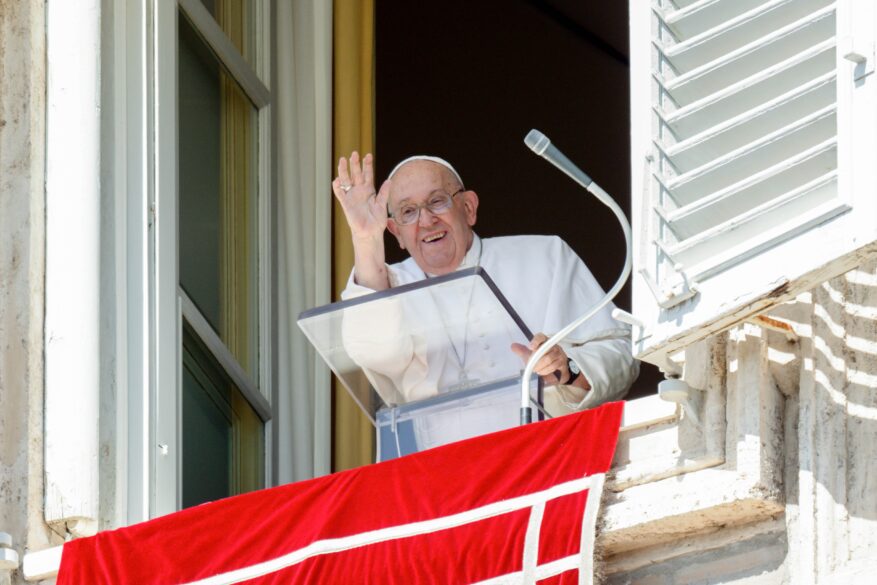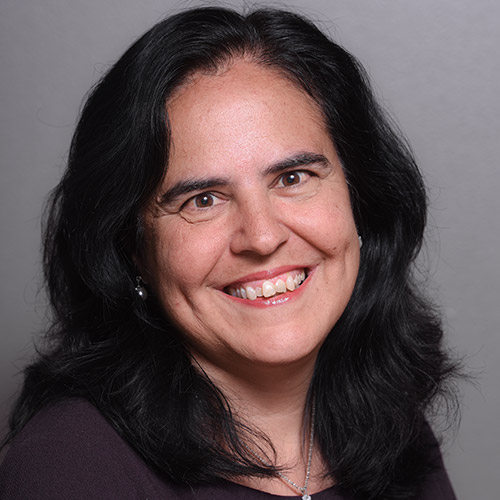By Omar Cabrera
(OSV News) — El 45% de los católicos en Estados Unidos se identifican como latinos y el 60% de los católicos menores de 18 años en este país son latinos. “Nos encontramos en una Iglesia que se está hispanizando de una manera acelerada”, destacó Hosffman Ospino, profesor de Teología del Boston College.
Los latinos son “la comunidad que más rápido está creciendo y transformando el catolicismo estadounidense”, añadió el teólogo. En su opinión, esta realidad nos abre la oportunidad de ser mejores discípulos y responder adecuadamente a los desafíos que conlleva.
En concordancia con esta tendencia, el Boston College inició a finales de agosto “Nuevo Momento”, un proyecto que dispone de 15 millones de dólares donados por la Fundación Lilly para fortalecer a organizaciones católicas que trabajan con el ministerio hispano.
Ospino, quien preside Nuevo Momento, explicó que 15 instituciones participarán en el proyecto durante los próximos cinco años. Entre ellas se encuentran: Pastoral Migratoria, el Instituto Fe y Vida, la Asociación Nacional de Sacerdotes Hispanos, la Red Nacional de Pastoral Juvenil Hispana y el Mexican American Catholic College.
Las 15 organizaciones que son parte de Nuevo Momento figuran entre “las más influyentes y representativas del trabajo que se está haciendo en la Iglesia Católica en los Estados Unidos para acompañar a la comunidad hispana”, añadió el director de la iniciativa.
–Fortalecimiento institucional y liderazgo–
El proyecto Nuevo Momento se propone empoderar a las organizaciones en cuatro pilares: fortalecimiento organizacional, capacidad económica o financiera, formación de liderazgo y una subvención en efectivo.
“Estamos muy emocionados de ser parte de algo como Nuevo Momento”, dijo Lisset Mendoza, tesorera de la Asociación Nacional Católica de Directores Diocesanos para el Ministerio Hispano (en inglés, NCADDHM).
Mendoza añadió que su organización tiene la posibilidad de asignar a tres personas para estudiar una Maestría en Liderazgo Ministerial, que la Escuela Clough de Teología y Ministerio del Boston College ha diseñado específicamente para Nuevo Momento.
La maestría seguirá un formato híbrido, con sesiones presenciales en el verano e invierno, además de clases por internet, según detalló Ospino. El programa de estudios está diseñado para que los alumnos lo completen en 18 meses. Todos los gastos, incluyendo la colegiatura, los viajes y el alojamiento serán cubiertos por Nuevo Momento, sin costo alguno para los estudiantes o sus organizaciones.
Nuevo Momento espera que entre 35 y 45 personas se gradúen de la nueva maestría. Cada institución participante podrá designar a una o más personas menores de 40 años para que cursen el postgrado.
Elisabeth Román, presidenta del Consejo Nacional Católico para el Ministerio Hispano (en inglés, NCCHM), dijo que su organización opera actualmente sin empleados, solamente con personas que donan su tiempo para las diferentes tareas. Por lo tanto, ellos esperan que Nuevo Momento les ayude a discernir “Cómo nosotros podemos ir hacia la creación de un staff, porque aunque tenemos 33 años, queremos tener 33 años más y necesitamos un staff”.
Ospino explicó que varias de las organizaciones que participan en Nuevo Momento funcionan con voluntarios y no cuentan con personal pagado. A esta necesidad de contratar empleados para ampliar su impacto responde uno de los pilares del nuevo proyecto: el que busca mejorar la capacidad económica de las organizaciones.
“Esa estabilidad financiera tiene que ver con cómo manejan sus finanzas, cómo manejan su economía, cómo manejan sus proyectos y, al mismo tiempo, cómo hacen campañas y tienen mecanismos de recaudación de fondos de apoyo que los ayuden económicamente”, detalló el director de Nuevo Momento.
–Módulos de capacitación–
Además de la maestría, el nuevo proyecto incluirá módulos de capacitación para los líderes de las instituciones, llámense presidentes, directores ejecutivos u otras posiciones de liderazgo.
Estos módulos cubrirán temas como: planeación estratégica, cómo hacer recaudación de fondos, cómo organizar y operar juntas directivas, entre otros. La mayor parte del trabajo para estos módulos se realizará en línea.
Para impartir los módulos de capacitación, Nuevo Momento ha establecido alianzas con cuatro instituciones: Corresponsables de Dios, For Impact, Leadership Roundtable y el Lake Institute onFaith and Giving, según detalla el sitio web de la iniciativa.
Adicionalmente, el programa contará con la participación de consultores especializados en liderazgo, administración, teología y ministerio.
Las 15 organizaciones que han sido seleccionadas para participar en Nuevo Momento “tienen una misión bien clara y definida” destacó Ospino. “Ellas saben lo que están haciendo, lo conocen muy bien, tienen una sabiduría tanto organizacional como comunitaria, entienden las preocupaciones de la comunidad latina y sus esperanzas”.
Pero el gran trabajo que estas organizaciones realizan “lo hacen de una manera limitada”, añadió el teólogo. Nuevo Momento busca apoyarlas para que aumenten la escala de su obra. “Es como que el trabajo que estás haciendo en una ciudad, imagínate si lo estuvieras haciendo en 10 ciudades”.
Román, la presidenta de NCCHM, destacó que mejorar la atención a los católicos latinos debe ser una prioridad dentro de la Iglesia. “Nosotros somos casi la mitad de la Iglesia. Hay que invertir para que nuestros hijos, para que nuestras familias sigan siendo parte importante”.
Ella opina que la pequeña escala del trabajo que hacen las organizaciones hispanas de la Iglesia se debe en parte a que la cultura dominante muchas veces no ve a los latinos como una riqueza, sino como una comunidad que quiere cambiar a la Iglesia.
“Yo pienso a veces que posiblemente no nos entienden”, dijo Román. “Posiblemente no entienden que la cultura y la fe, por lo menos para el latinoamericano, el caribeño, para nosotros que venimos del sur, están atadas, no las podemos separar”.
Ella confía en que la iniciativa Nuevo Momento ayudará a mejorar esta situación.
Ospino aseguró que Nuevo Momento apunta a “lo que teológicamente llamaríamos un Kairós (el tiempo perfecto que Dios tiene para que cada cosa ocurra cuando él lo desee). Es un momento dentro de la historia en donde reconocemos, por un lado, la manera como la Iglesia se va actualizando en respuesta a las realidades actuales. Y por otro lado, cuando vemos que Dios se hace presente dentro de esa historia dándonos la oportunidad de ser mejores discípulos”.
El director de Nuevo Momento espera que el proyecto sea un catalizador para grandes cambios.
“Jesús comenzó con 12 personas. Estas 12 personas no tenían que ser las más inteligentes, ni las más ricas, ni las más poderosas, pero eran personas que mostraron una nueva manera de vivir su fe, una nueva manera de entender la realidad”, dijo. “Y esas personas fueron a inspirar a muchísimas otras”.
Las 15 organizaciones que participan en Nuevo Momento han sido seleccionadas rigurosamente. Ospino confía en que la voluntad de Dios les acompañará para impulsar esta transformación que ya se encuentra en marcha dentro de la Iglesia en Estados Unidos.

